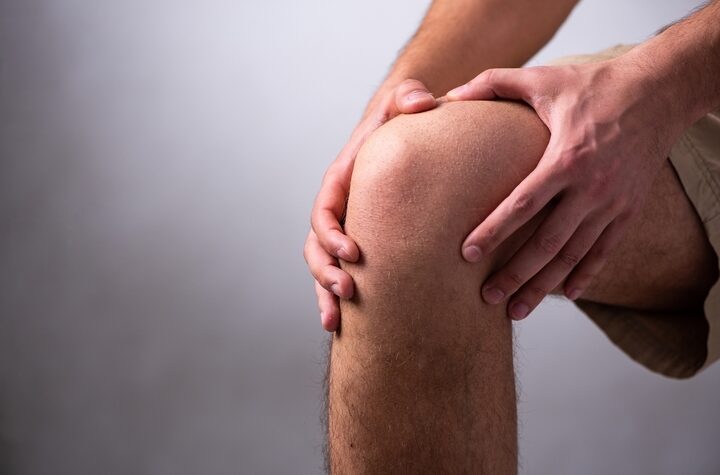When we get a knee injury, the pain can be excruciating. Whether from a fall, sudden movement or a sports mishap, the knee is a pivot point that takes a lot of abuse.
What if your knee hurts out of the blue? There are many reasons why you can experience pain without it being able to pinpoint it, and this mystery can stump you.
What causes sudden knee pain without injury?
1. Old Injury
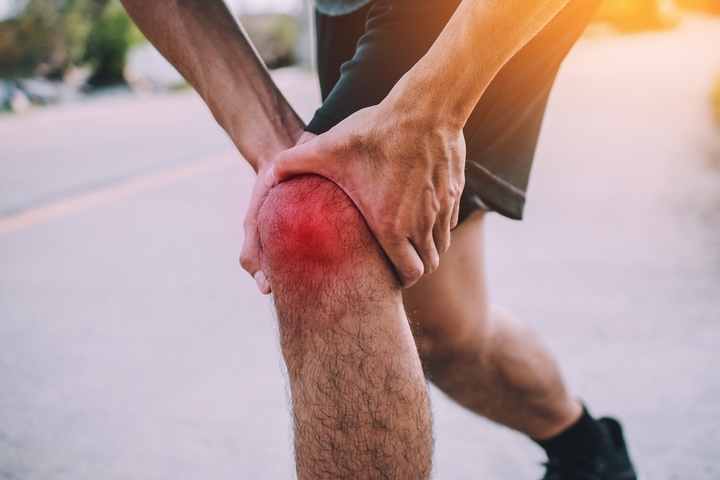
We all get hurt every once in a while, and you may have had an injury to your knee in the past that fully healed long ago. Even though you may not remember it, that weakened spot could be a source of pain in your present.
Your knee has become a vulnerable spot, and if there was any cartilage or bone dislodged from the past incident, it could end up impairing the movement in this joint. Other connective tissue, ligaments and tendons can easily become inflamed and rear their painful head when you least expect it. Work with a neurological physiotherapist for long-term treatment.
2. Arthritis
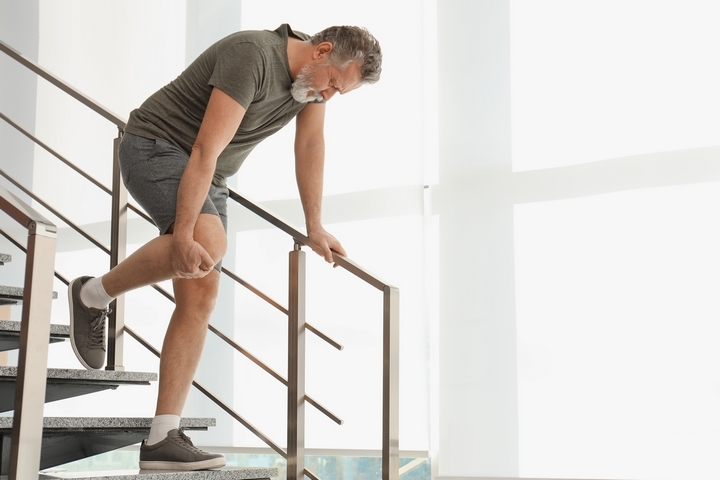
Arthritis is a condition that attacks the young and old, but typically it is the wearing down of cartilage that acts as a buffer between your bones. This joint disease has several forms, with osteoarthritis most commonly affecting the knee and developing between the shin bone and the thigh bone or the knee cap. Friction builds up as the cartilage wears away, and inflammation and stiffness result.
Besides osteoarthritis, other types may negatively affect your knee, including:
- Septic arthritis from an infection
- Gout which builds up uric acid in the joints
- Calcium buildup in the joints
- Rheumatoid arthritis
3. Tendonitis
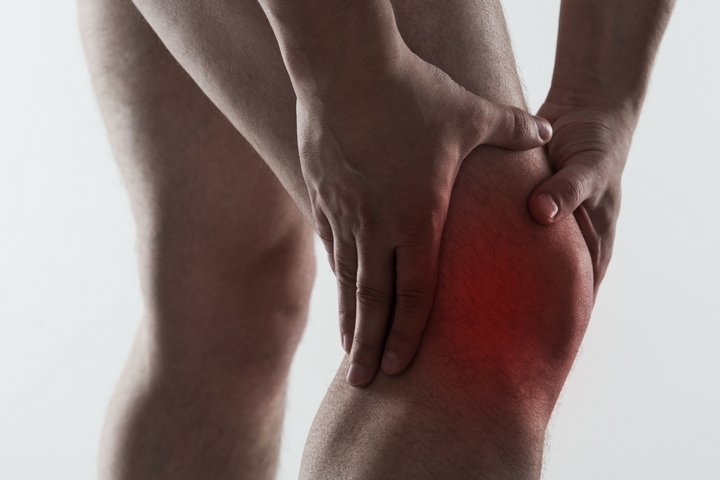
Your body is a vast network of complicated bio-machinery, and among it are your tendons. These fibrous connective tissues attach your muscles to your bones and facilitate the movement of various structures. Straining your knee joint can cause your tendons to build up irritation and inflammation because of repetitive use, overloading or overuse.
Tendinitis often occurs with new activities that bring stress to the knee joint, and you may not realize it until it is too late.
4. Bursitis
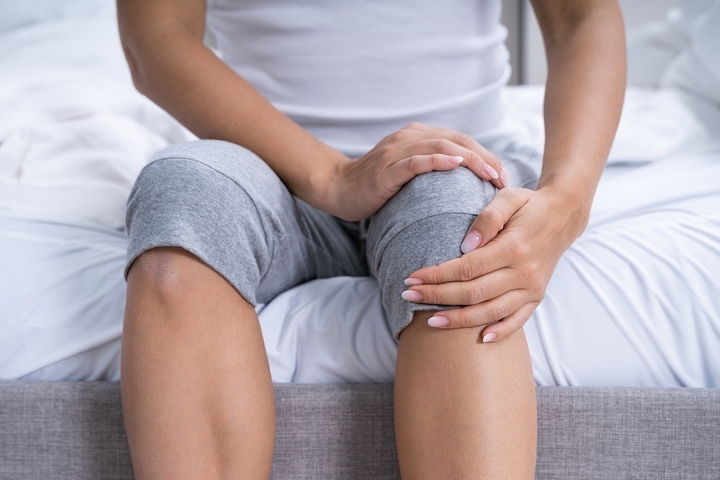
Another painful reaction to overuse with your knees is bursitis. Our body has small fluid sacs designed to reduce friction in the joints, and these bursae aid in the smooth movement of ligaments and tendons. As they become irritated or inflamed, you will experience pain that seems to come out of nowhere.
5. Problems With Other Structures
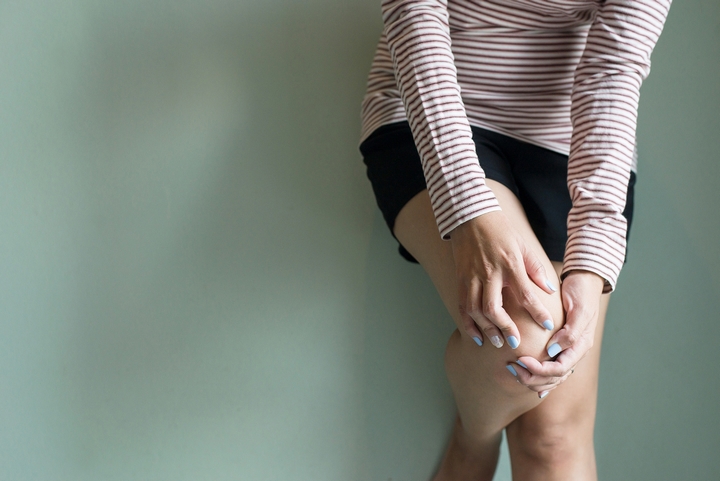
Because our body is connected, head to heal, one area that is compromised may affect another area. This is true with the knee because it is a structural gateway from the hips to the feet. If you have a foot or ankle injury, you may be putting extra weight on the other foot and offset the balance completely. This obligates your knee to pick up the slack and bear more balance and weight, which can easily irritate you. The same goes for the hips if you stand out of balance because of an injury. A change in your gait or shift of balance is all it takes.
6. Infection
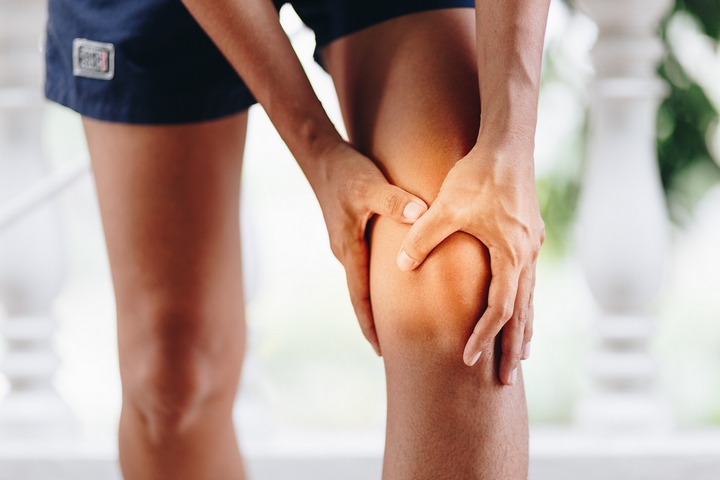
When you have an infection in your knee, there is a contamination in the lubricating fluid from harmful bacteria. Symptoms include:
- Nausea
- Chills
- Fever
- Stiffness
- Tenderness
- Redness
- Swelling
- Severe pain
Some infections don’t go away on their own and may need antibiotics or a scope to be inserted to drain the infected fluid.
7. Iliotibial band syndrome
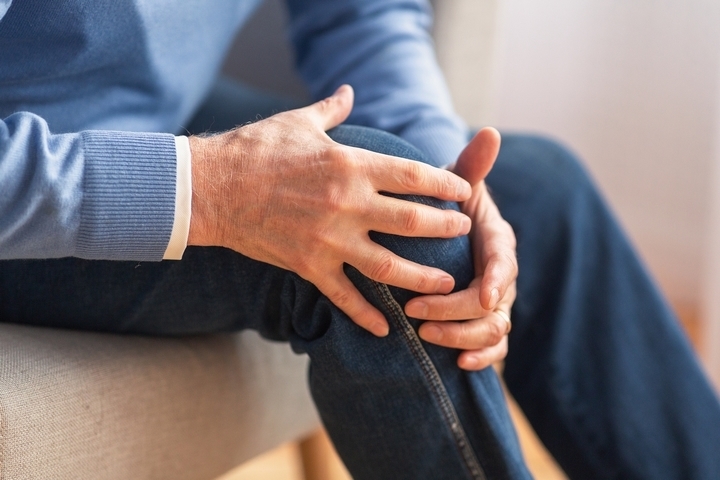
Your knee is stabilized by a long band that stretches outside your thigh from the hip to your knee and is called the iliotibial band. This allows for normal leg movement through its supportive role. Still, inflammation results if it is overused and friction builds up over the thighbone or compresses the tissues underneath it.
The pain will be on the outside of the knees and feel like a burning sensation that may also radiate up the thigh to the hip. It will negatively affect most exercises like walking, running or even going up and down stairs.
8. Osteosarcoma
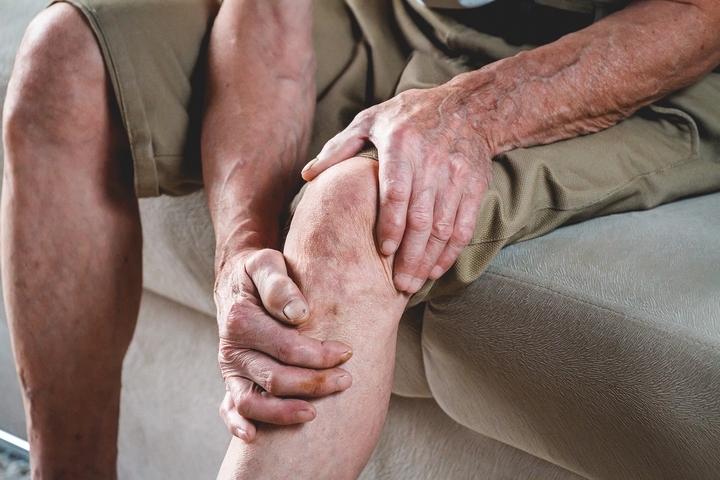
This is bone cancer, and if it is located around the knee or leg, it can cause pain and swelling. You may not realize this cancerous growth as it isn’t a place you would ordinarily get checked out, but as symptoms present, a checkup will determine the cause. Pain can increase at night or during regular movements, as well as weight-bearing exercise.
Consider many things when experiencing sudden knee pain, especially when you haven’t had an injury. Use this as a guide to determining the cause of your knee pain and follow up with your doctor or other health service provider to work towards healing your discomfort. You can get back to a pain-free life again.

